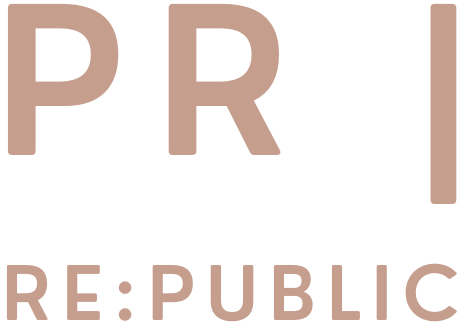Unless you’ve been living under a rock, it’s now common knowledge that Pigeons, Pandas and Penguins, when used in the context of technology, refer to the dreaded Google algorithm updates.
Marketing firms spend a lot of time trying to predict Google’s algorithm changes and produce content that is in line with these new algorithms.
But what is considered good practice when it comes to developing content for your business?
Google’s advice on how to handle core updates is to continue to focus on the content.
Pages that might drop in ranking after the implementation of a Google update do not necessarily have anything wrong with them. It is important to ensure that the content is the best that you can offer, which is what we as PR | Re:public consistently provide our clients.
In particular we ask key questions when developing quality content, which come directly from Google’s suggested content and quality questions.
When developing quality content, consider these key questions
- Does the content provide original information, reporting, research or analysis?
- Does the content provide a substantial, complete or comprehensive description of the topic?
- Does the content provide insightful analysis or interesting information that is beyond obvious?
- If the content draws on other sources, does it avoid simply copying or rewriting those sources and instead provide substantial additional value and originality?
- Does the headline and/or page title provide a descriptive, helpful summary of the content?
- Does the headline and/or page title avoid being exaggerating or shocking in nature?
- Is this the sort of page you’d want to bookmark, share with a friend, or recommend?
- Would you expect to see this content in or referenced by a printed magazine, encyclopedia or book?
- Does the content present information in a way that makes you want to trust it, such as clear sourcing, evidence of the expertise involved, background about the author or the site that publishes it, such as through links to an author page or a site’s About page?
- If you researched the site producing the content, would you come away with an impression that it is well-trusted or widely-recognized as an authority on its topic?
- Is this content written by an expert or enthusiast who demonstrably knows the topic well?
- Does the content have any easily-verified factual errors?
- Would you feel comfortable trusting this content for issues relating to your money or your life?
So what sets PR | Re:public apart from other marketing firms?
PR | Re:public uses subject experts to write quality content on behalf of our clients. At the start of each engagement, our clients are assigned a writer, knowledgeable in their specific sector and who has either an analyst or journalistic background. The key here is sector expertise, coupled with the ability to effectively communicate that expertise to a wide audience.
The next part of our engagement is to help our clients build a brand and reputation among the investor community. We do this by using a combination of native advertising, earned media and sponsored media. In each instance, irrespective of the nature of the publication, the content we produce needs to be factual, well-written, concise and underrated yet engaging. This is to build up our client’s credibility and forge trust between our client and the investor community.
Finally, the content we produce needs to be written with empathy. What does this mean? It means we recognise that people are overworked and bombarded with different offers and information on a daily basis. Therefore, it is important that we produce content that provides value to investors, because when people receive value, they feel valued. Each piece of content produced by PR | Re:public contains valuable insights about the industry, the economy and the company. Additionally, it is factual, visually appealing and engaging.
In this way, we look at Google algorithms, as any PR / marketing agency should. But we are not overly concerned about the Pandas, Pigeons, Penguins or any other animal update they bring in the future.











